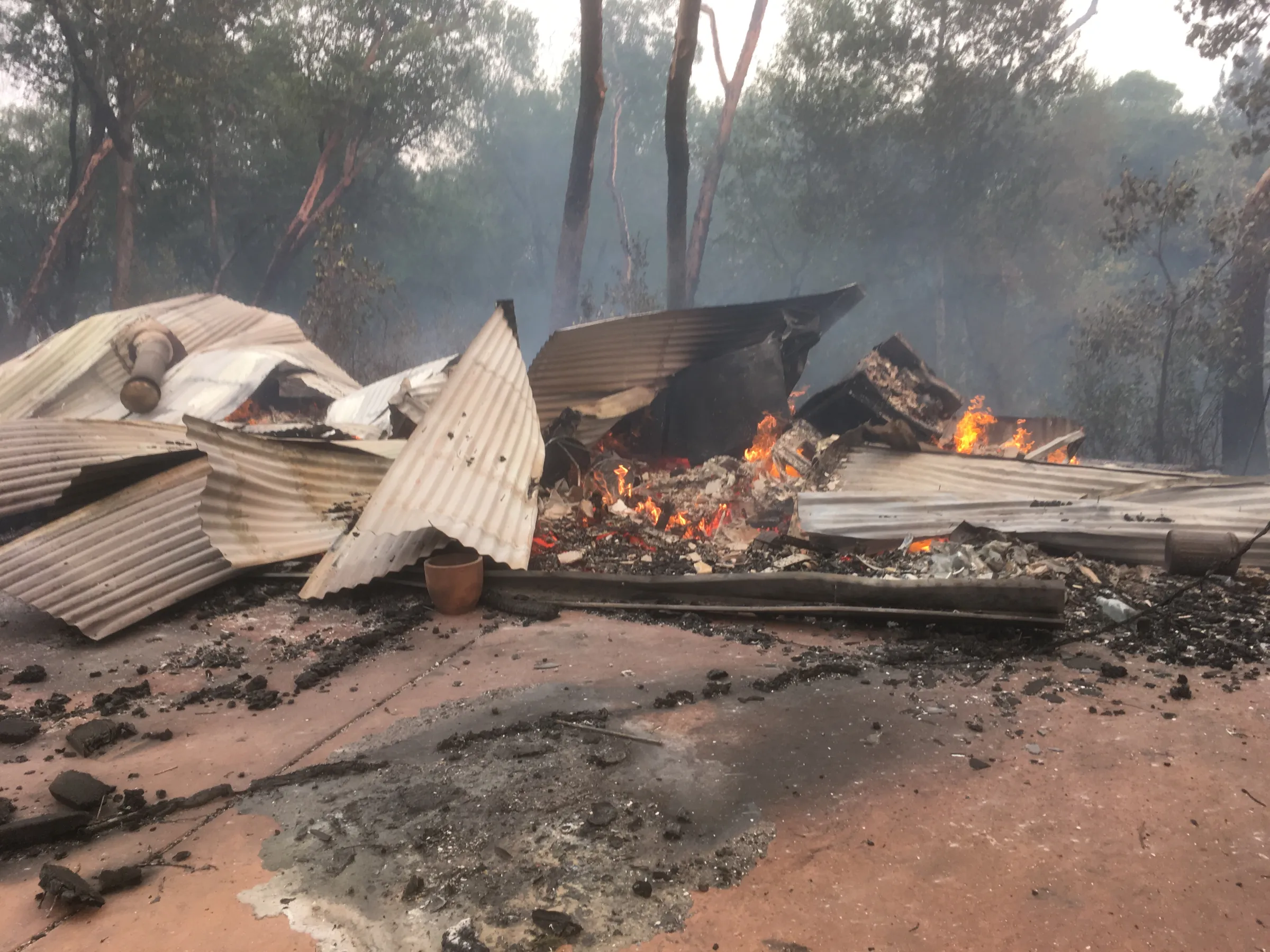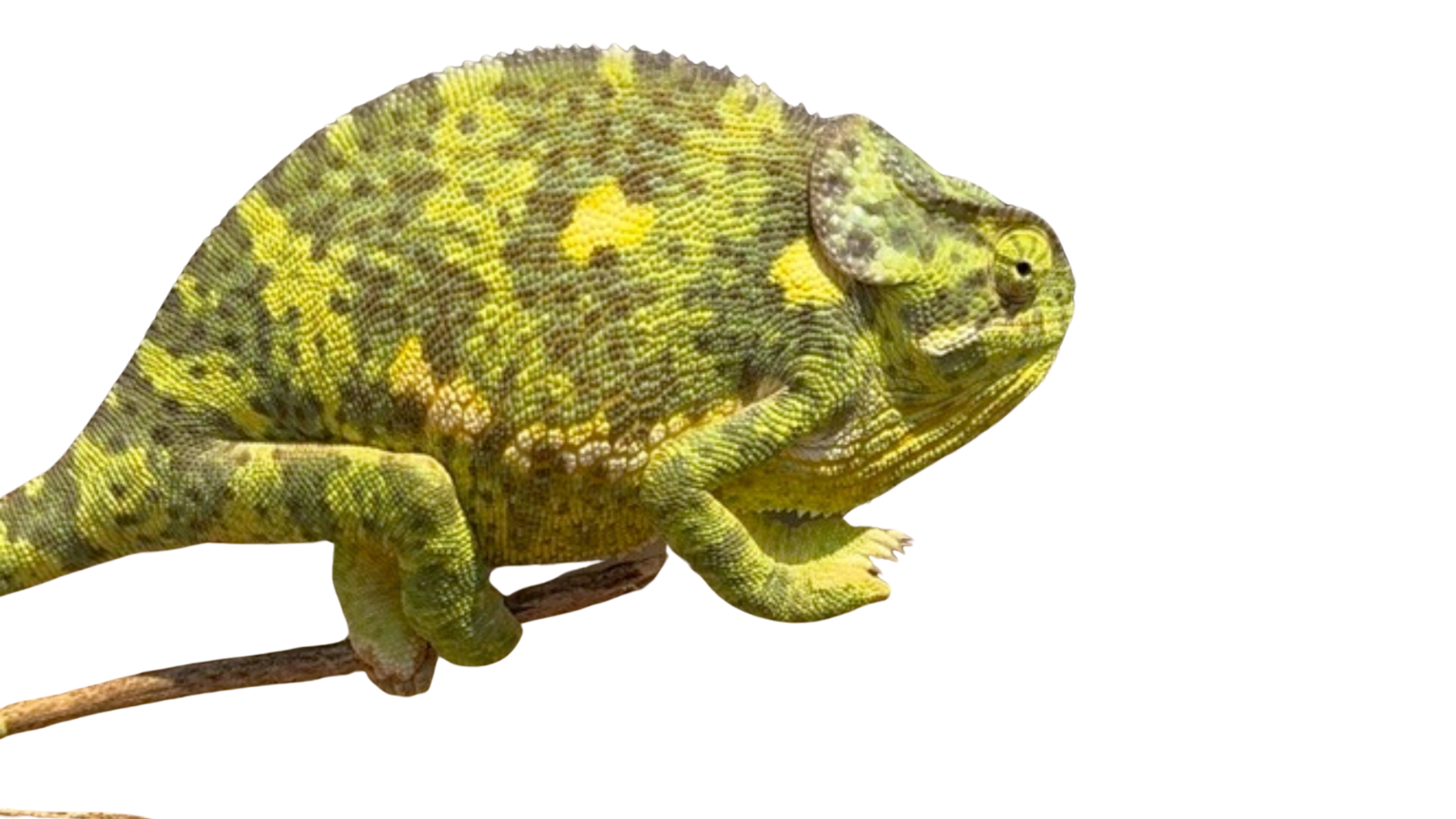On Monday the 9th, in the first round of wildfires in Sonoma County, the tiny handmade house that my wife and I have lived in for the last six years burnt to the ground. We were married in the front yard. Our one year old baby, Abel, was born in the outdoor tub on the porch. We were safe and sound five hundred miles away, making preparations to return ‘home.’

The emotions that unfolded in the wake of that fire caught me off guard and I want to lay them out, end to end, before too much time goes past. As much for myself as for anyone else. I approach the world in a particular way and I can’t help but process these emotions through that particular philosophical lens, so, bare with me.
So far, I want to break this process down into three stages. The first thing I felt after learning about the fire was the ‘everyone’s okay’ stage. I just wanted to hold the baby and be close to my wife and be glad that I didn’t have to think about how I would be feeling if I couldn’t do those things. I wanted to call and make sure everyone we knew was safe. I would tell them about the house. “It’s just stuff,” I would bubble. I found myself spontaneously saying things like, “Everyone’s safe and that’s all that matters.” But time keeps going on, and nobody likes to talk about the next stage of emotions. Its not pretty.
I woke up the next morning already deep in this second stage, feeling very sorry for myself. I thought about how all our things represented all those hours of work, all that scrimping and saving. The only other feelings I could manage were feelings of guilt. For whatever reason, I could come up with a hundred different scenarios of ‘if onlys’ that would have avoided this economic hit.
During the twelve hours that I wallowed in this Stage II, maybe a thousand people lost their homes. The official death toll rose from one to thirteen. All of those people experiencing pain and fear at a magnitude impossible for me to comprehend. I didn’t notice.
In the depths of this Second Stage of Nunn’s Fire Comprehension, I talked to my good friend and business partner at Grounded Land and Livestock, Byron Palmer. I still towed the party line of course. “Its only stuff,” I droned. “Everyone’s safe and that’s all that matters,” I managed to recite from memory. But inside I recited a different mantra. Complete. Uninsured. Loss.
A few hours later he informed my wife and I that he had started a crowd sourced fund drive for our family through YouCaring.org.
It might be easy for someone who cares about sustainable agriculture to skew towards being a luddite. A hundred times before I feel like I have spouted out a well-balanced message about technology. I have said that it is not technology that is good or bad. It is weather using a particular technology in a particular way results in a situation (ecological, psychological, etc.) that is more in-line with our evolutionary heritage. If a particular technology does that better than any other method that we can come up with, great. Go for it. But I realize that in my own behavior I have been very unbalanced in my use of some technologies. I have failed to use some technologies that could given me a life that would have been closer to what our ancestors experienced.
It is possible to misuse a technology like social media. If that technology is used to create a temple to yourself that is disconnected with the person that you are in the real world, that is an excellent example of the sort of technological erosion that creates the problems that we refer to as ‘modern.’ But on the other hand, the world being what it is, there is the possibility that ignoring social media means that you are ignoring your community. When I say “you” and “your,” what I really mean is “me” and “my,” and this experience has revolutionized the way I see social media.
This is my usual long winding and philosophical way of saying that the response from this crowd funding campaign has caught me completely by surprise. Loved ones, casual acquaintances, and total strangers, running the whole spectrum of means, gave so generously… I don’t really know what to say. The only thing I can do is report that this support evaporated those sad, sorry, and down right embarrassing emotions of Stage II more completely and more quickly than any wildfire.
With all that other stuff cleared out I am left with this third stage, an intense desire to help other people affected by this tragedy. This is the response that I am choosing to view as the ‘natural’ response to loss. What we call ‘giving back’ is the response that the human psyche has developed over eons of evolution to create the kind of cohesive communities that help each other and therefore survive. I desperately want some of that feeling, and feel strange being so far away from the fires.
This feeling has made me wonder how history, very recent and very ancient, would have been different if some of the people that have done so much good in the world, had not experienced a timely infusion of generosity. Alternately, I wonder how history might be different if the people that have caused so much suffering had experienced a dose of generosity at a critical point, the way we have. This has given me a deeper understanding of how seemingly small acts ‘make a world a better place.’
In the end, all we lost in the fire were various technologies. Stuff. Because of how powerful technologies are, we have a tendency to think that technologies are the source of our security, our meaning, and our happiness. But this is a deep mistake. We get our security, our meaning, and our happiness from the people in our lives and the relationships we build with them. Externally this fire is an opportunity for all of us to build stronger relationships with the loved ones in our lives, and new relationships with ‘strangers’ affected by this tragedy. Internally, this is an opportunity to connect with the sort of emotional states that have caused our species to weather every imaginable disaster and then some. It was all of you that helped me understand this and I feel like I have more loved ones as a result of this fire. My heart goes out to those who have fewer loved ones.

